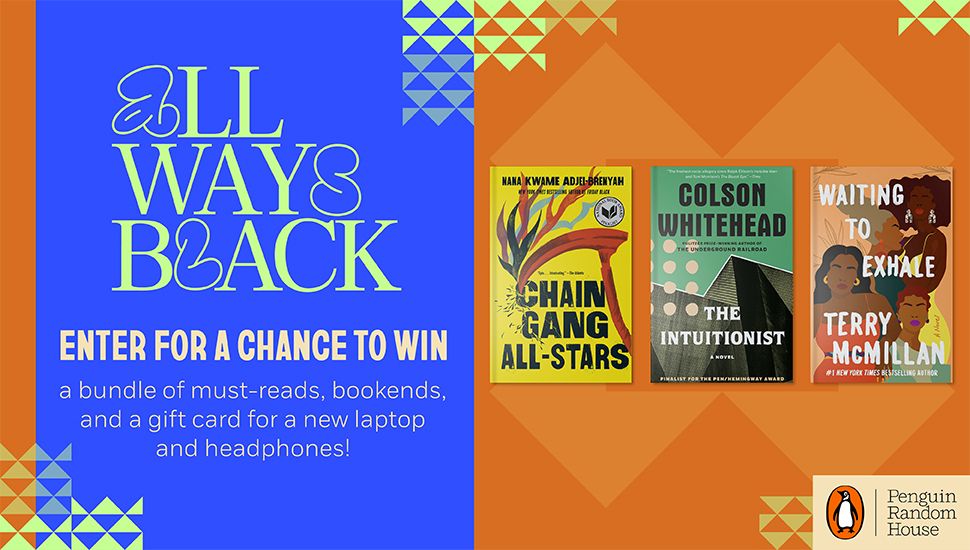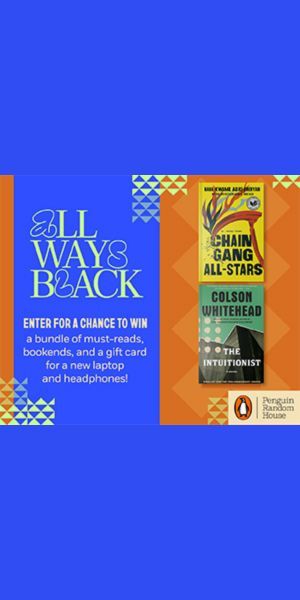
Is BookTok Past Its Peak?
BookTok has undoubtedly made significant contributions to the publishing industry. It increased backlist sales, served as a marketing vehicle for frontlists, launched new authors, and generated revenue for both publishers and bookstores. But most importantly, the community inspired many young people to read—it bred new readers who will eventually seek out other books not recommended on the platform. Whether you like it or not, BookTok has moved the needle in an ailing industry.
As with most good things, however, it may not last forever. We’ve had enough of endless, disappointing BookTok recommendations that promise payoff, not to mention its other cons. So are we finally at the end of BookTok’s chapter? Are we coming down from the climax? I asked some industry experts to find out if BookTok’s magic has finally faded. These experts have expressed varying opinions on BookTok’s current state, but the general consensus is that the rules governing BookTok are evolving.
The popularity of BookTok, like many trends, grew rapidly because a small number of authors achieved unexpected success on the platform, according to author and publisher Elizabeth Lyons. Because of this, their voices were loud. Their success reflected a level of success that other authors aspire to, so the entire ecosystem received a lot of attention.
Lyons added that BookTok is still quite active, but it’s more diluted now, so there’s talk that it’s “not working as well anymore,” which isn’t always true in context. Some authors may exaggerate their results (perhaps they’re selling a course on how to achieve their level of success), while others fail to provide context (they spent three years building their audience, or their best friend has a large, on-brand following, for instance), according to her. “The platform, like others, is far from dying or dead. It’s simply a matter of having consistent patience and realistic expectations.”
Ashley Harris, Assistant Marketing Manager for indie publisher Dexterity Books, agreed that “BookTok’s impact has not waned so much as leveled out.” She explained that all signs point to BookTok settling in much the same way Bookstagram did: as a solid niche for dedicated readers looking for community and recommendations. The book community will retain virtual real estate on the platform, but its overall reach and impact won’t outsize industry expectations.
BookTok will have less impact outside of the book community, according to Harris. Many non-readers who were drawn into the book community by the 2020 COVID-19 lockdowns have mostly returned to previous hobbies and social activities, reducing the amount of time and money they spend on reading, she noticed.
Harris also predicted that as the rules governing BookTok change, the importance retailers place on TikTok will shift. She sees a slow phase-out of the “As Seen on BookTok” tables, which have been popular in bookstores for the past four years. In a similar vein, publishers will most likely abandon the “TikTok sensation” perma-stickers that have recently become a staple element on paperback covers. “Much like BookTube and Bookstagram, BookTok will still be an important piece for authors and publishers to target when promoting their books; this will likely ring truer for fiction authors than nonfiction, as has been the case on the platform thus far,” she said.
BookTok’s impact on publishing, according to Mike Vannelli, a creative director and video marketing expert who has experience with TikTok’s influence on consumer trends, is not waning but rather evolving. What began as a grassroots, chaotic celebration of literature has grown into a marketing powerhouse that publishers are finally learning to capitalize on. “The hype hasn’t disappeared; it’s just become part of the fabric of how books are promoted and discovered.”
However, he observed that the platform’s virality isn’t as spontaneous as it once was. The shift from organic buzz to calculated campaigns has made creators and audiences more discerning, making authentic storytelling and genuine recommendations the currency of success. “It’s not so much about the peak being over, but rather about how publishers and authors adapt to TikTok’s evolving ecosystem and its insatiable demand for fresh, visually engaging content.”
While it was reported in 2023 that BookTok’s impact would be short-lived, it has been recently revealed that it’s a major contributor to global sales. “The TikTok community BookTok is playing an increasingly important role,” boosting fiction sales and elevating BookTok authors like Colleen Hoover and Rebecca Yarros.
I don’t believe BookTok has passed its peak. More accurately, it’s evolving in various ways. I agree with the sources here that it has become so commonplace or integral to book marketing that it no longer stands out as a novelty. It still generates sales, so that’s something. If it went the other way, then it’d be officially dead, and the hype would have worn off. BookTok may no longer be signing new authors, but its impact remains, particularly in genres such as romance and fantasy.
The Failures of BookTok
Despite BookTok’s ability to promote some books well, it doesn’t seem to work for all genres.
According to author and publicist Terena Bell, “The BookTok bubble is over because it never truly began.” She explained that BookTok has been and continues to be amazing for certain genres, including erotica, romance, thrillers, and young adult. But BookTok was never for every book: no one would ever find their next great experimental fiction read there.
She pointed out that one of publishing’s major flaws is that far too many titles are marketed in a cookie-cutter manner, with the same “to-do” checklist used for multiple releases. Thus, because BookTok worked for authors like Colleen Hoover during the pandemic, it ended up on everyone’s checklist. What works for one genre or title does not necessarily work for others, she said. “So what we’re seeing the end of isn’t BookTok’s ability to propel a title to success. We’re seeing the end of it being a task that marketers do without thinking.”
Aside from the over-saturation, if anything, BookTok recommendations encourage undiversified reading. Many recommendations still feature straight, white characters and exclude books from minority groups. The platform simply reflects the publishing industry’s overwhelming whiteness. It seems to contribute to a systemic problem in publishing that has yet to be fixed, and which has an impact on what young people read.
BookTok may have lost its luster over the years, but it has undoubtedly left a lasting impact. Publishers have released a slew of romantasy titles this year alone, owing primarily to BookTok’s continuing influence.
The trend may not be as popular as it was during the pandemic, but there are still young people using the platform to find their next, if not great, read.
This essay was originally a newsletter for The Deep Dive. Sign up for more like this!











